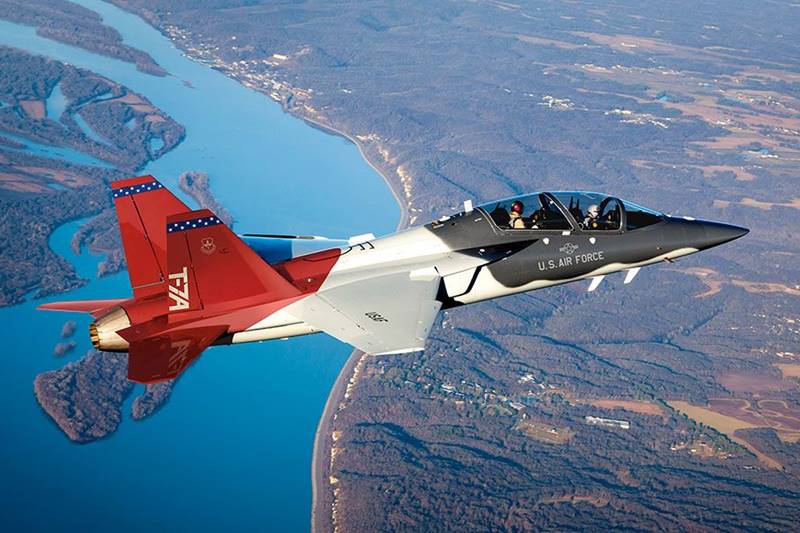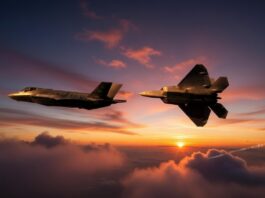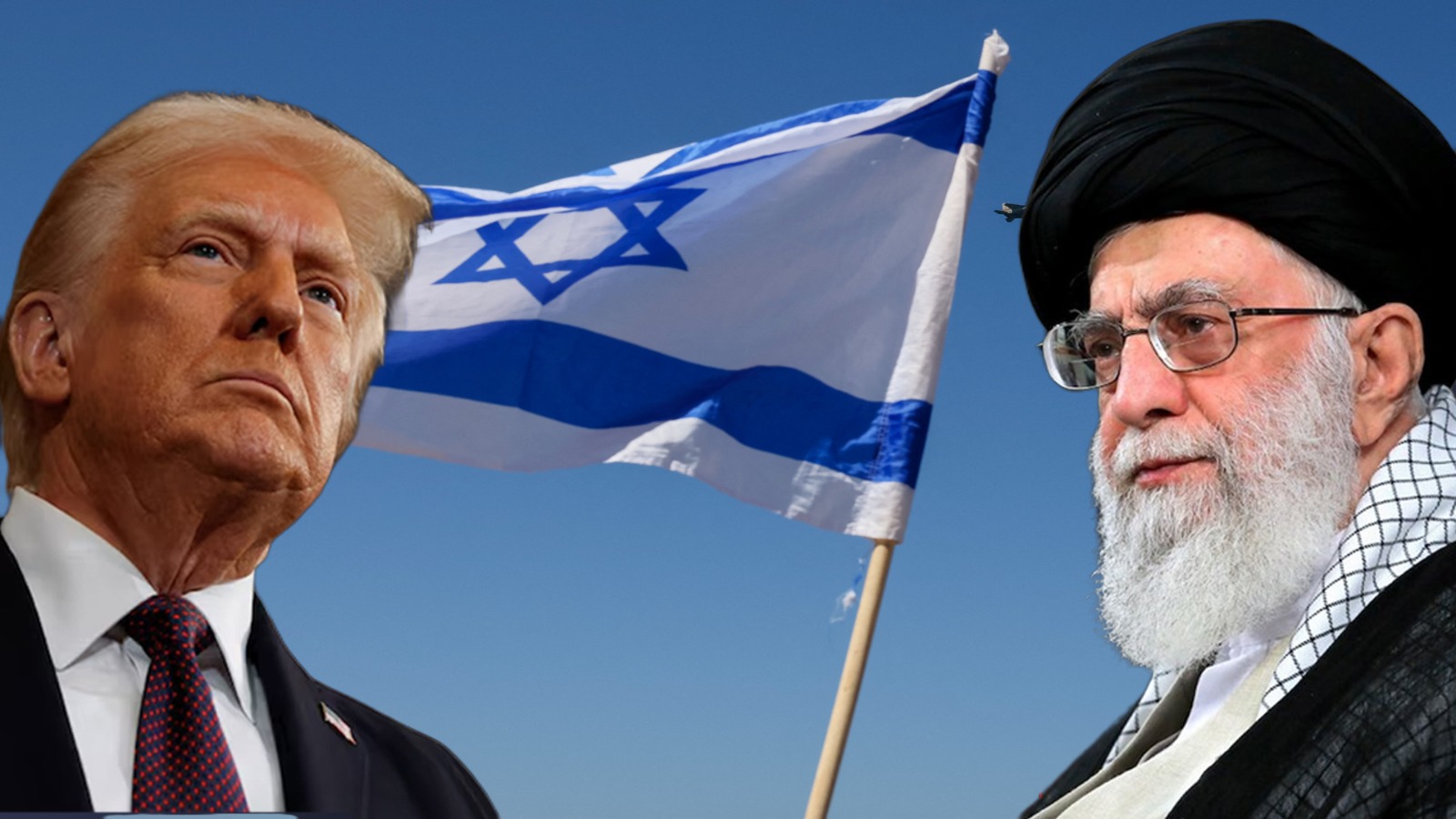The US Navy is set to choose the successor to its T-45 Goshawk with a new advanced jet trainer. India had also pitched its homegrown HAL Tejas for the deal.
ZERO Buyers! Boeing ‘Hard Sells’ Its F/A-18 Super Hornets To Indian Navy; Global Customers Give It A ‘Royal Snub’
Besides India’s state-owned Hindustan Aeronautics Limited (HAL), US aerospace giants Boeing and Lockheed Martin and Italian firm Leonardo are also competing to bag the US Navy’s Undergraduate Jet Training System (UJTS) contract.
According to reports, India had responded to the US’ Request for Information (RFI) with a detailed project report on the Lead-in Fighter Training (LIFT) variant of the HAL Tejas.
According to the RFI, the service is looking for a non-developmental, land-based jet trainer suitable for field carrier landing practice and nuclear aircraft carrier touch-and-go landings. The aircraft should be available by 2028 or sooner, the RFI stated.
However, Thomas Newdick, a defense writer with The War Zone, says the chances of success of the two-seat LCA Navy prototype “must be considered extremely slim”.
US Military Developing ‘Ghost War Machines’ That Can Traumatize The Opponents & Even Baffle The Allies: Watch
Boeing, Lockheed Martin Vie For The Deal
Boeing and Lockheed Martin confirmed to Janes on August 10 that they would be competing to replace the T-45 Goshawk while Leonardo had previously announced its intention to bid for the same.
Boeing has pitched a version of its T-7A Red Hawk which has already been selected as the US Air Force’s next-generation jet trainer.
Lockheed Martin said that it would collaborate with Korean Aerospace Industries (KAI) and would offer the T-50A. If the Navy selects any of these two jets, the service would get its hands on its first supersonic advanced jet trainer.
T-7A had beaten the T-50A in the US Air Force’s T-X requirement. This also saw the defeat of Leonardo’s M-346 Master.
Leonardo has pitched its M-346 for the Navy’s UJTS. The Italian firm announced its bid officially during the Sea Air Space 2021 maritime exposition, which took place from August 2-4, at the Gaylord National Convention Center, Maryland.

The T-7A Red Hawk is an all-new advanced pilot training system designed for the US Air Force that will train the next generation of fighter and bomber pilots for decades to come.
Designed using a digital thread, the T-7A aligns with the US Air Force’s Digital Century Series strategy by enabling the integration of new concepts and capabilities faster and more affordably through virtual testing.
The Red Hawk builds off the legacy of the Tuskegee Airmen, paying tribute to the legends of the past and the heroes of the future.
T-50A is an advanced trainer jet aircraft, which was developed jointly by Lockheed Martin and Korea Aerospace Industries (KAI) for the US Air Force’s T-X Advanced Pilot Training (APT) competition. It is an advanced version of the T-50 trainer aircraft.
The T-50A prototype made its public appearance in December 2015. Lockheed Martin and KAI successfully conducted the maiden test flight of the first T-50A aircraft in June 2016. The second T-50A configured aircraft completed its first flight at Sacheon airfield in South Korea, in July 2016.
Apart from these, there is no clarity over whether BAE Systems would offer its HAWK AJT for the US Navy trainer jet deal.

“Our primary focus remains on supporting the T-45 Goshawk’s readiness and availability through the production of spare components and providing engineering expertise. We remain committed to supporting the US Navy and continue to collaborate with our partners on supporting future requirements,” the British company had said.
While it is still unclear when the Navy would select the successor to its T-45 Goshawk, the service will start replacing its first T-45s by 2028.
India’s HAL Tejas
The LCA Tejas, manufactured by India’s state-owned HAL, is equipped with advanced avionics and weapon systems. It was reported that the LIFT (Lead-in Fighter Trainer) variant of the aircraft is expected to be based on the Tejas MK-1A variant already ordered by the Indian Air Force.

The MK 1A version is outfitted with modern AESA radar and new avionics. It can be customized to integrate various weaponry. The Indian Air Force has also signed a contract for the acquisition of 83 Tejas Mark-1A fighters, in addition to an earlier order of 40 aircraft in two batches.
— DRDO (@DRDO_India) January 11, 2020
In January this year, the Indian Navy conducted carrier trials of the naval variant of the Tejas. The service, which had rejected the LCA in 2016 for being too heavy, has no plans to accept the fighter jet in its current form.
Instead, the Navy could pick its Multi-Role Carrier Borne Fighter (MRCBF) from one of the three contenders — Boeing F/A-18E/F Super Hornet, Dassault Rafale, or the MiG-29K, reports suggest.
Earlier, at the 2019 Langkawi International Maritime and Aerospace Exhibition (LIMA-2019), the Tejas had generated a great deal of interest.
— With inputs from Kashish Tandon



